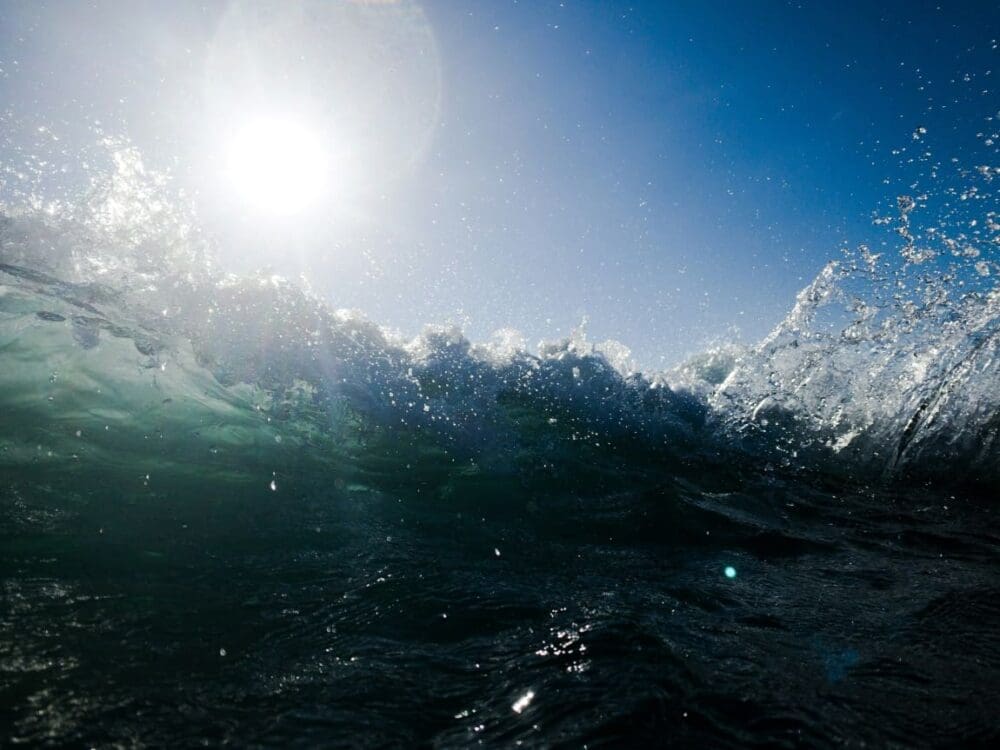By University of Copenhagen, The Faculty of Health and Medical Sciences
Scientists from the University of Copenhagen have made significant strides in understanding ancient ocean anoxia, with potential insights for today’s marine environments.
500 million years ago the so-called Cambrian ‘SPICE’ event made oxygen levels in the oceans drop dramatically.
Now, researchers from the University of Copenhagen have investigated how large-scale ocean anoxia, or oxygen-depleted conditions, developed during the event, and its potential consequences today.
In the study, titled ‘Cascading oxygen loss shorewards in the oceans – insights from the Cambrian SPICE event’ published in OneEarth, researchers found that a chain reaction involving phosphorus recycling from ocean sediments played a key role in this decline of the oxygen levels in the oceans.
“Under anoxic conditions, phosphorus is released more efficiently from sediments, which further depleted oxygen levels and expanded anoxia at the global scale,” says Associate Professor Tais W. Dahl at the Globe Institute, senior author of the study. He adds:
“This self-amplifying loop led to a rapid and prolonged marine anoxia. The study warns that the feedback loop is still looming in today’s oceans, where human activities might influence nutrient dynamics in ways that increase the risk setting off cascading anoxic conditions. Coastal zones, in particular, could be susceptible to anoxia that might propagate on a larger scale.”.
While global-scale anoxia is not an immediate threat today due to limited phosphorus resources and high atmospheric oxygen levels, the study highlights the importance of understanding nutrient dynamics and sedimentation processes, particularly in coastal zones. These insights are crucial for managing the health of marine ecosystems and their resident animal species.
By comparing ancient and modern marine systems, this study provides valuable insights into the potential evolution of ocean chemistry today. Emphasizing the importance of historical context, the research aims to improve predictive models and guide policy decisions to safeguard marine ecosystems and ensure their resilience in the face of ongoing environmental changes.
The University of Copenhagen is a leading research and education institution, committed to advancing knowledge through high-quality research and innovative teaching. The university fosters an environment where academic excellence can thrive, contributing significantly to society through impactful research findings.
The Globe Institute is part of the Faculty of Health and Medical Sciences at the University of Copenhagen. The Institute’s main purpose is to address basic scientific questions through interdisciplinary approaches. The institute operates at the intersection of natural and medical sciences and the humanities.
More information: Aske L. Sørensen, Tais W. Dahl, ‘Cascading oxygen loss shorewards in the oceans – insights from the Cambrian SPICE event’, One Earth (vol. 7 Iss 6; 2024); DOI: 10.1016/j.oneear.2024.05.011. Featured image credit: Philip Graves | Unsplash




